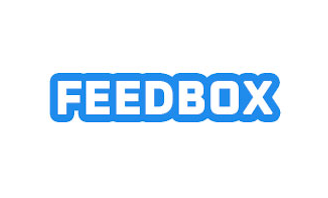You’ve likely heard of major players such as Uber and Airbnb, but you may not be aware of the broader on-demand app economy, which reached a value of nearly $60 billion in 2018. Early examples of the on-demand approach opened the door for new companies to work mobile app development in order to disrupt a wide range of industries, and healthcare is no exception.
Many industry experts believe that on-demand services have the potential to bring back home medical visits, the preferred format for much of the 20th century. New startups are already providing exciting insights into how the future of healthcare will be affected by the availability of on-demand services.
The Rise and Fall of the House Call
It was common for doctors to visit patients in their homes through much of the 1980s. This approach prioritizes the patient’s comfort and was displaced by the expansion of medical equipment and efficiency of the modern hospital. But, on-demand solutions are attempting to utilize the house call and bring your doctor back to you.
The average first-time appointment in the United States carries a wait time of over three weeks, so it’s clear that our existing system includes some substantial inefficiencies. On-demand healthcare offers a potential solution to these issues by giving customers the opportunity to schedule home appointments on shorter notice.
Why Is On-demand Healthcare So Effective?
The on-demand approach isn’t expected to be viable for more specialized services like emergency room visits or surgeries. That said, many advocates and professionals believe it has the potential to play an important role in the future of our healthcare system, citing a variety of reasons.
First and most obvious is the opportunity for patients to set appointments without having to take time off of work or drive to a clinic. Similarly, doctors are also given additional flexibility in scheduling as they’re able to take on as many or as few visits as they want, possibly supplementing a more conventional position.
Price transparency has long been a serious consideration in the medical community, and on-demand healthcare offers users more openness regarding costs and services. Unlike, for example, a trip to the emergency room, an on-demand house call can be priced in advance—an important factor in the country with the most expensive healthcare in the world.
Our current medical system is flawed in more ways than one, and no individual or private solution will be able to overcome those inefficiencies to provide all Americans with the healthcare they need. That said, on-demand services are one of the most exciting upcoming opportunities and have the potential to change how healthcare works for both patients and doctors.
































